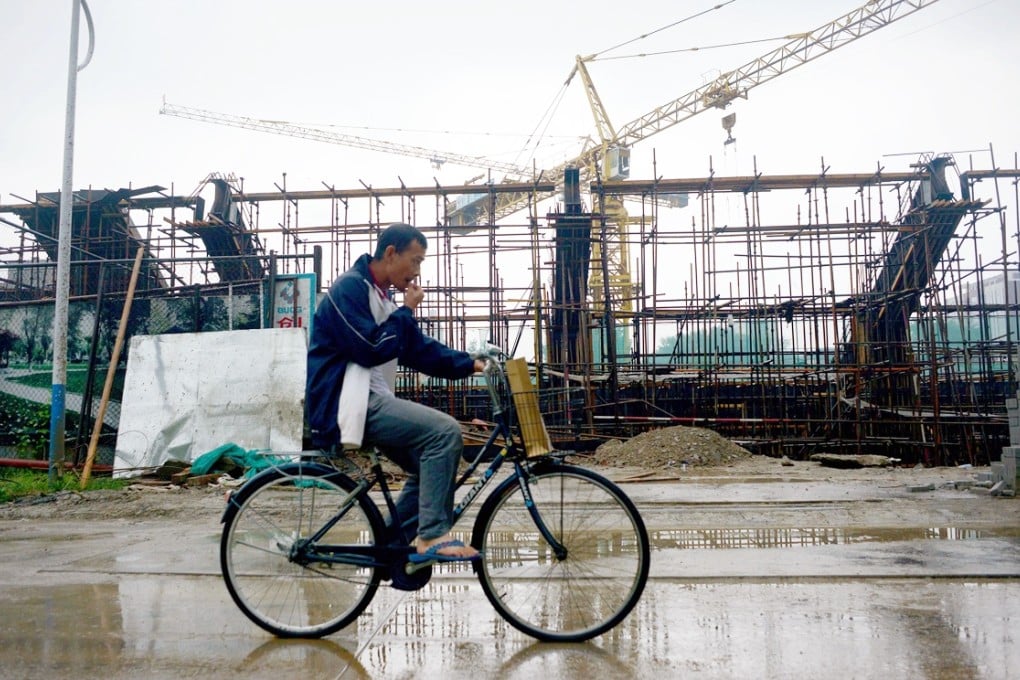Beijing, Tianjin and Hebei sign tax cooperation agreement
Move seen as part of an effort launched by Xi to create an integrated megalopolis

Taxation departments in Beijing, Tianjin and Hebei have signed an agreement in response to the central leadership’s push for an integrated megalopolis, state media reported.
Tax cooperation among the three regions, usually called Jing-Jin-Ji as a whole, means a big step forward for the ambitious project launched by President Xi Jinping, observers said.
“The driving force for Jing-Jin-Ji integration lies in an interest-sharing mechanism, of which tax is an important part,” the Economic Information, a newspaper run by Xinhua, quoted Liu Bo, deputy director of Beijing’s Development and Reform Commission, as saying.
It said the agreement includes collaboration in nine areas, varying from tax collection, taxpayer services to research and development.
Under the plan, tax-paying platforms will be unified, and tax departments of the three regions will recognise each other’s professional qualifications, assist the others in collecting taxes and share information, the State Administration of Taxation’s chief accountant Fan Jian reportedly said at a meeting on Wednesday when the agreement was signed.
With a number of industries such as garment making and furniture manufacturing in Beijing moving to Hebei province to ease pressure caused by the large population and choking air pollution, sharing tax revenue has become a controversial issue.
The State Administration of Taxation (SAT) is organising the three regions to calculate the impact of the potentially massive relocation, the newspaper report said.